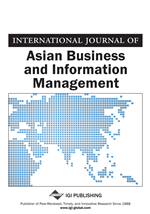Search
The effect of time and pressure on the selective extraction of sugar beet pectin using steam pre-treatment on unprocessed Sugar Beet Pulp was evaluated using a design of experiments approach. This process gave the highest...
The effect of time and pressure on the selective extraction of sugar beet pectin using steam pre-treatment on unprocessed Sugar Beet Pulp was evaluated using a design of experiments approach. This process gave the highest...
Plastics are ubiquitous in modern society. However, the reliance on fossil fuels and the environmental persistence of most polymers make them unsustainable. Scientists are facing the challenge of developing cost-effective and...
Plastics are ubiquitous in modern society. However, the reliance on fossil fuels and the environmental persistence of most polymers make them unsustainable. Scientists are facing the challenge of developing cost-effective and...
|
|< |
< |
1 |

